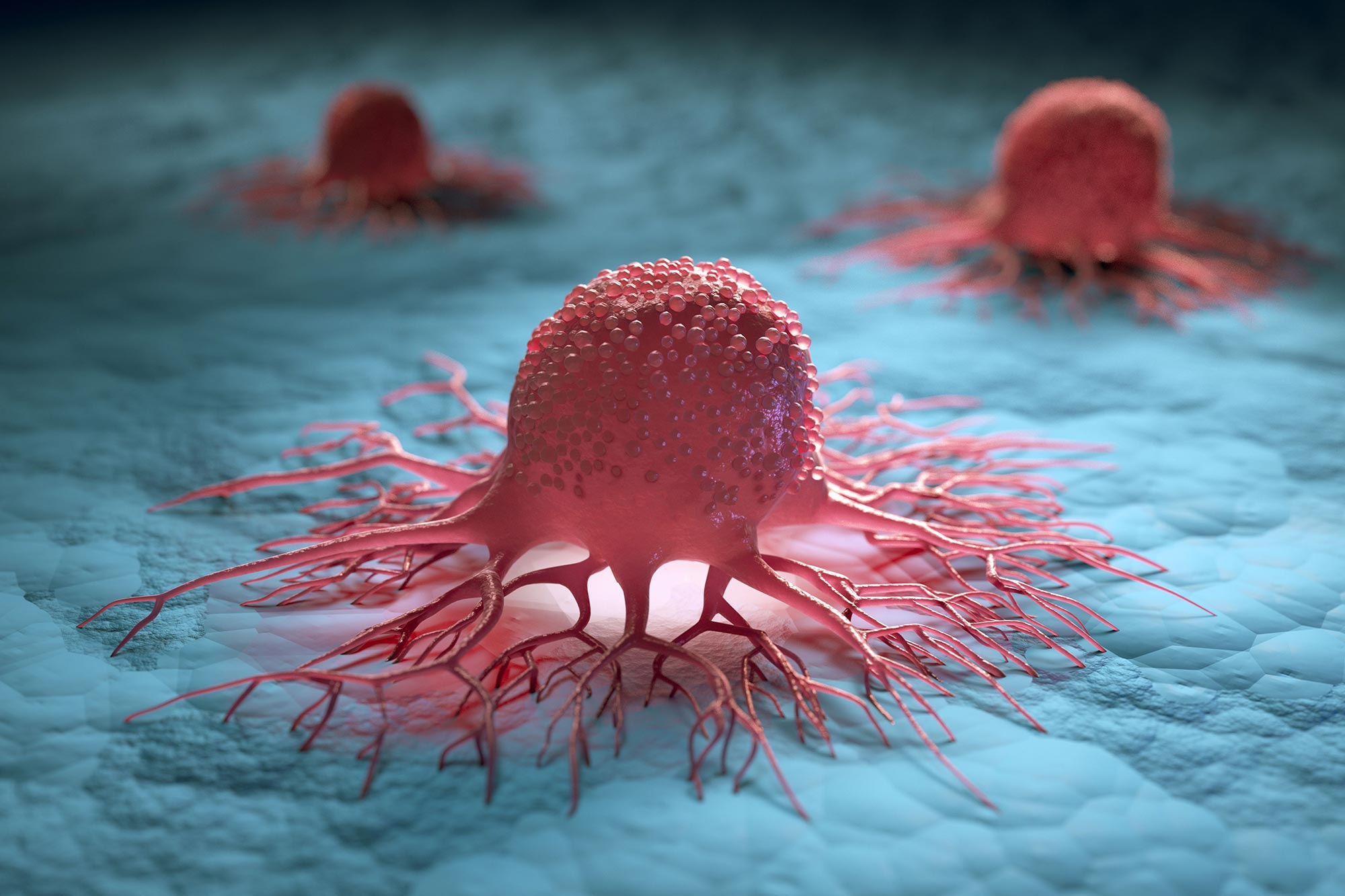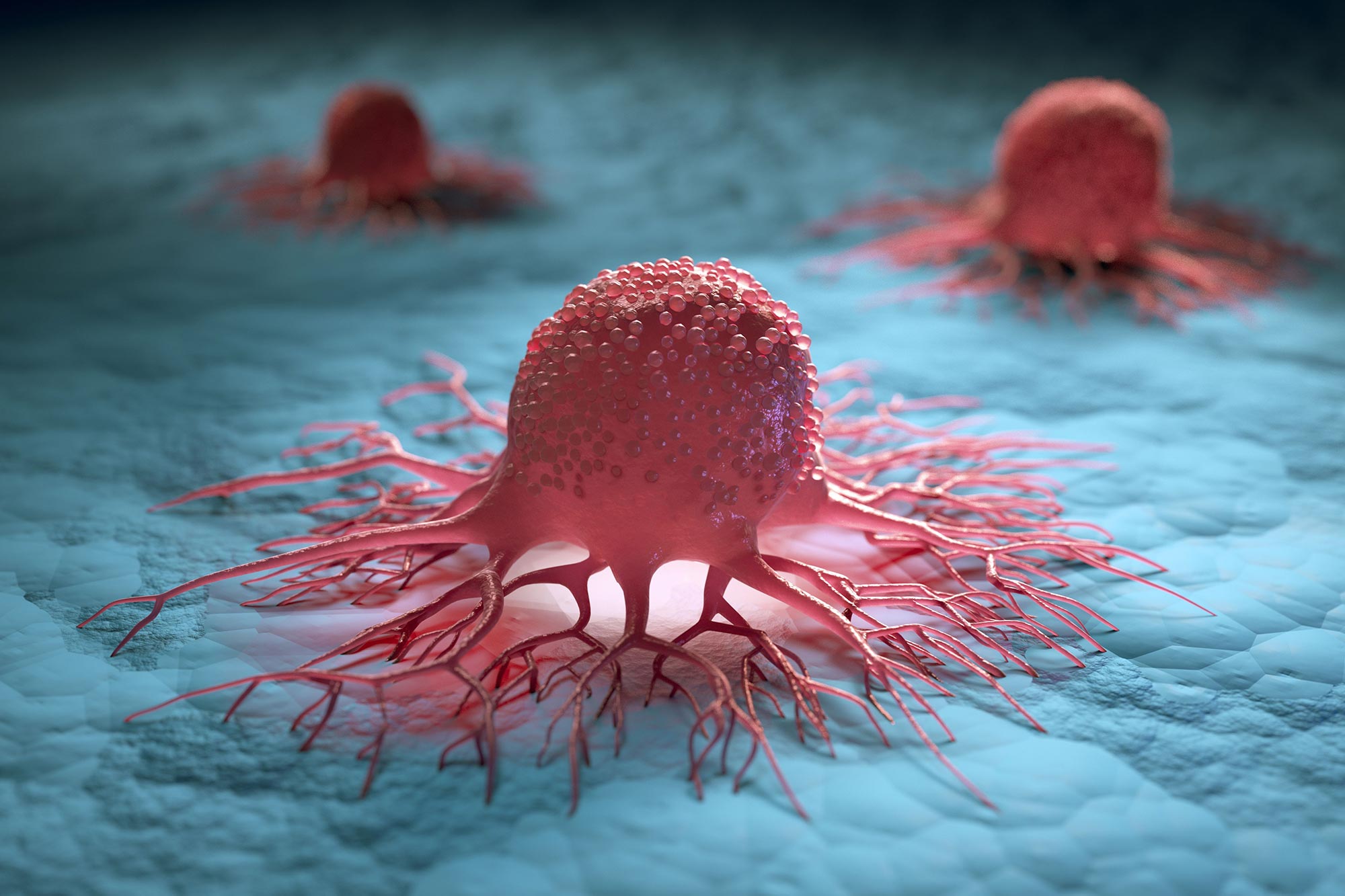
A recent study has uncovered a concerning occurrence of hyperglycemia in individuals with breast cancer treated with the drug alpelisib. Detecting and managing high blood sugar levels early on is crucial to enhance the effectiveness of cancer treatments and minimize severe side effects.
Researchers assessed the frequency, contributing factors, and treatment approaches for high blood sugar resulting from alpelisib in metastatic breast cancer patients.
Recent research has shown that breast cancer patients being treated with alpelisib, an oral medication, are experiencing higher rates of hyperglycemia, or high blood sugar. This discovery was detailed in a recent publication in Cancer, a peer-reviewed journal of the American Cancer Society.
Alpelisib is a drug that specifically inhibits the phosphoinositide 3-kinase (PI3K) protein, which plays a crucial role in cell growth. Mutations in this protein can lead to cancer development. In 2019, the US Food and Drug Administration approved the use of alpelisib alongside fulvestrant, a drug that blocks estrogen receptors, to treat specific types of metastatic breast cancer characterized by mutations in the gene responsible for encoding a PI3K subunit.
Side Effects and Research Findings
However, targeting PI3K can result in hyperglycemia as a side effect, which may lead to dehydration or kidney damage, possibly requiring hospitalization. Researchers sought to describe the frequency, risk factors, and treatment patterns of alpelisib-associated hyperglycemia in patients with metastatic breast cancer.
Among patients who developed hyperglycemia, 66.4% received treatment, most commonly with the diabetes drug metformin.
Managing Hyperglycemia and Future Directions
Lead author Sherry Shen, MD, highlights the importance of checking hemoglobin A1c levels and optimizing blood sugar status in patients eligible for alpelisib treatment. She emphasizes the need for pre-emptive efforts to improve glycemic status and treat prediabetes or diabetes to reduce the risk of hyperglycemia.
Senior author Neil M. Iyengar, MD, notes that optimizing a patient’s blood sugar levels often involves changes to dietary and exercise patterns, and potentially introducing certain medications. He also mentions potential lifestyle interventions to improve dose delivery of alpelisib and ongoing clinical trials to test whether metabolic interventions could enhance cancer therapy efficacy.
Reference: “Incidence, risk factors, and management of alpelisib-associated hyperglycemia in metastatic breast cancer” by Sherry Shen, Yuan Chen, Andrea Carpio, Cassandra Chang and Neil M. Iyengar, 25 September 2023, Cancer.
DOI: 10.1002/cncr.34928


